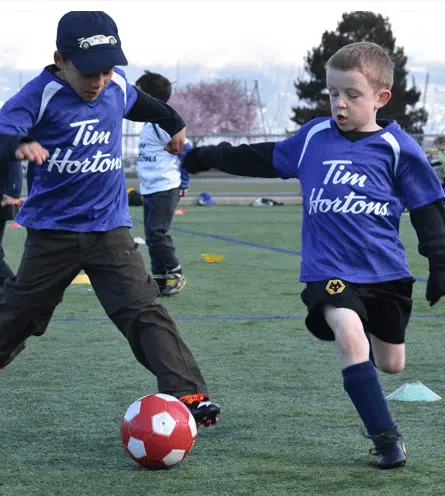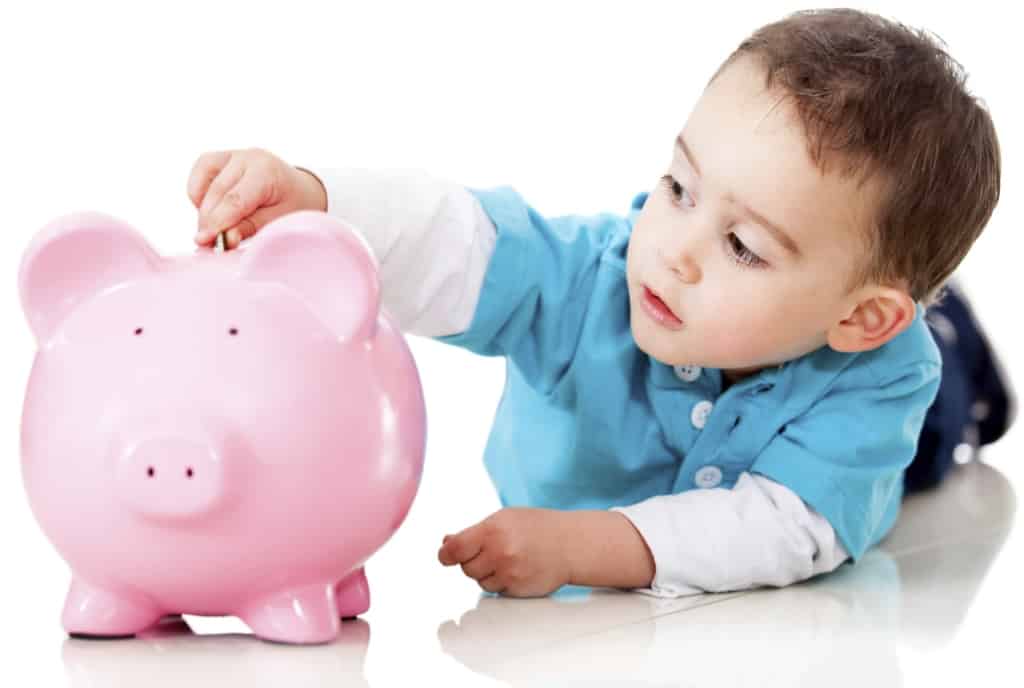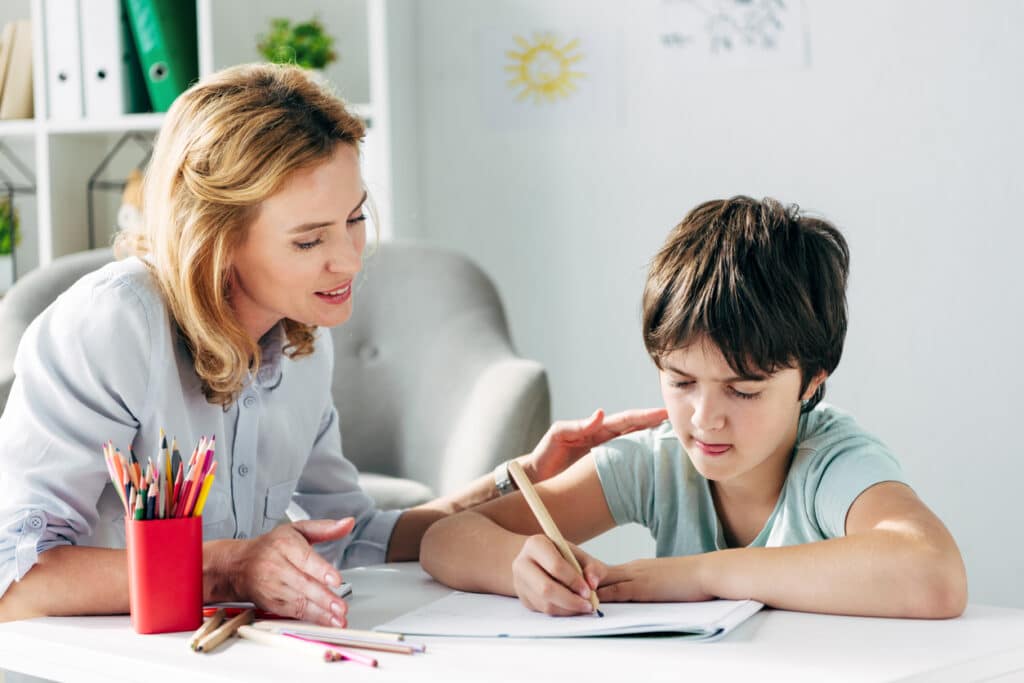WORLD CUP SOCCER SPRING BREAK CAMPS + BALL HOCKEY
Free Kick FC Timbits Soccer Spring Break Camps March 17 - 21, March 24 - 28


As parents, we want to do what’s best for our children, and part of that is ensuring they have a good education. When is comes to saving for their post-secondary education, things get confusing, especially with RESP’s. We polled our Facebook Fans to find out what they were most confused about when it came to RESP’s and got the answers from our experts!
A Registered Education Savings Plan (RESP) is one of the best opportunities to save for post-secondary education. The major benefits of an RESP compared to regular savings are tax-deferred growth and the opportunity for government grants.
The Canada Education Savings Grant, for example, adds 20 percent on the first $2,500 contributed annually, to a maximum of $500 per child per year. Contribution room not used in a given year can be carried forward. You can contribute up to $50,000 (lifetime contribution limit) per child, and there are no taxes payable on the money earned in an RESP until it’s withdrawn. When RESP grants and earnings are withdrawn by the child for educational purposes, they are taxed at the student’s generally lower tax rate.
—Barb Stangoe, Branch Manager, TD Canada Trust, Coquitlam

Only an RESP is eligible for government grants, making it the best way to save for post-secondary education. Every Canadian child is entitled to receive up to $7,200 of grant by the end of their seventeenth year. It is a 20% grant, so if you save $2,500 in a calendar year, you will receive $500 of Canada Education Savings Grant. There is also an additional 10–20% grant that can be matched to the first $500 you save, based upon your family net income.
Families who are receiving the National Child Benefit Supplement can boost their RESP further with the Canada Learning Bond. Eligible children will receive $500 into their RESP the first year and $100 per year till age 15 for a total of $2000.
Knowledge First Financial is proud to be at the forefront of institutions administering the new British Columbia Training and Education Savings Grant. Residents of BC born on or after January 1, 2007 will receive a $1,200 lump sum into their RESP between their sixth and ninth birthdays.
RESPs allow you to earn tax-deferred income—a great feature that is often overlooked. The principal you save for your child is after tax dollars so you pay no tax when you withdraw it. Income earned in your plan goes directly to your child’s Education Assistance Payments; on a student’s income, there will be little or no tax to pay. In eighteen years many parents will be in their highest income tax bracket of their lives so being able to defer that income to the kids is a huge savings.
—Paul Hendriks, Sales Representative Knowledge First Financial

You have several options if your child chooses not to attend post-secondary:
• Transfer the RESP to another eligible beneficiary. Government grants may be shared with a brother or sister of the Beneficiary.
• If your child is over the age of 21 and the plan has been open for more than 10 years, you may:
– transfer up to $50,000 of the investment income portion of the RESP to your RRSP (or spousal RRSP) tax-free, provided you have sufficient contribution room available, or
– withdraw the investment income and pay tax on it at your marginal tax rate, plus an additional tax of 20%.
The beneficiary has until December 31st of the RESP’s 36th year to receive the investment income as part of Education Assistance Payments for post-secondary education. After this date, any remaining income earned in the RESP will be paid to a post-secondary institution.
Any government education savings grant money not paid out as part of Education Assistance Payments for post-secondary education from the RESP must be returned to the government. In all instances, your contributions will be returned to you tax-free if the beneficiary does not attend post-secondary education.
—Tannis Morris, Sales Representative, C.S.T. Consultants Inc
Free Kick FC Timbits Soccer Spring Break Camps March 17 - 21, March 24 - 28

In 7th grade, I was doing extremely well academically in my classes, having made the honor roll five consecutive times. The school I went to at the time saw this academic progress and completely cut my Individualized Education Plan, or IEP, without my parents’ consent. When my parents found out about this, naturally, they asked…

Neurodivergent children—those with conditions such as autism, ADHD, dyslexia, and other cognitive differences—often face unique challenges in education, social interactions, and daily life. However, with the right support, these children can thrive and reach their full potential. Understanding the available services and resources in British Columbia is essential for parents, caregivers, and educators who want…
